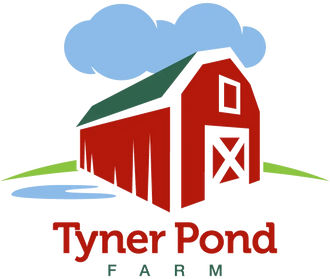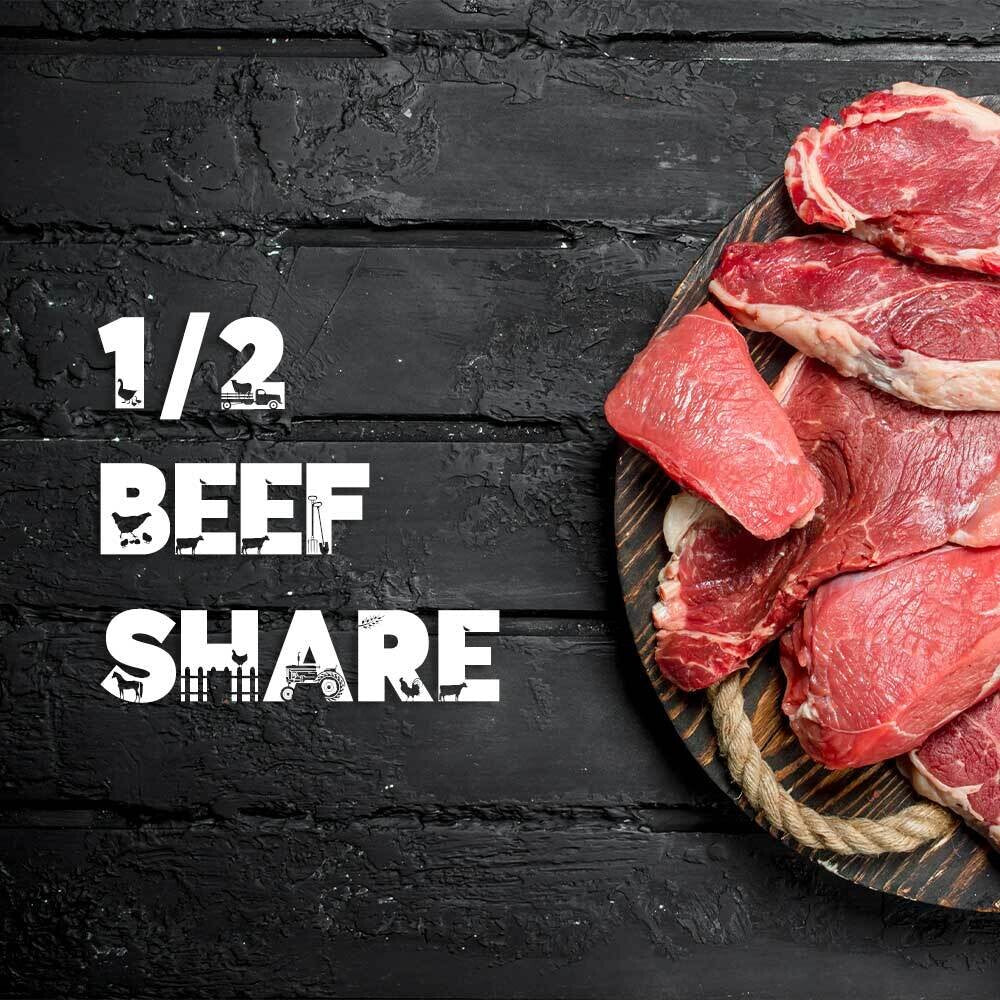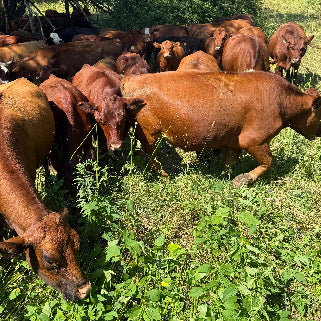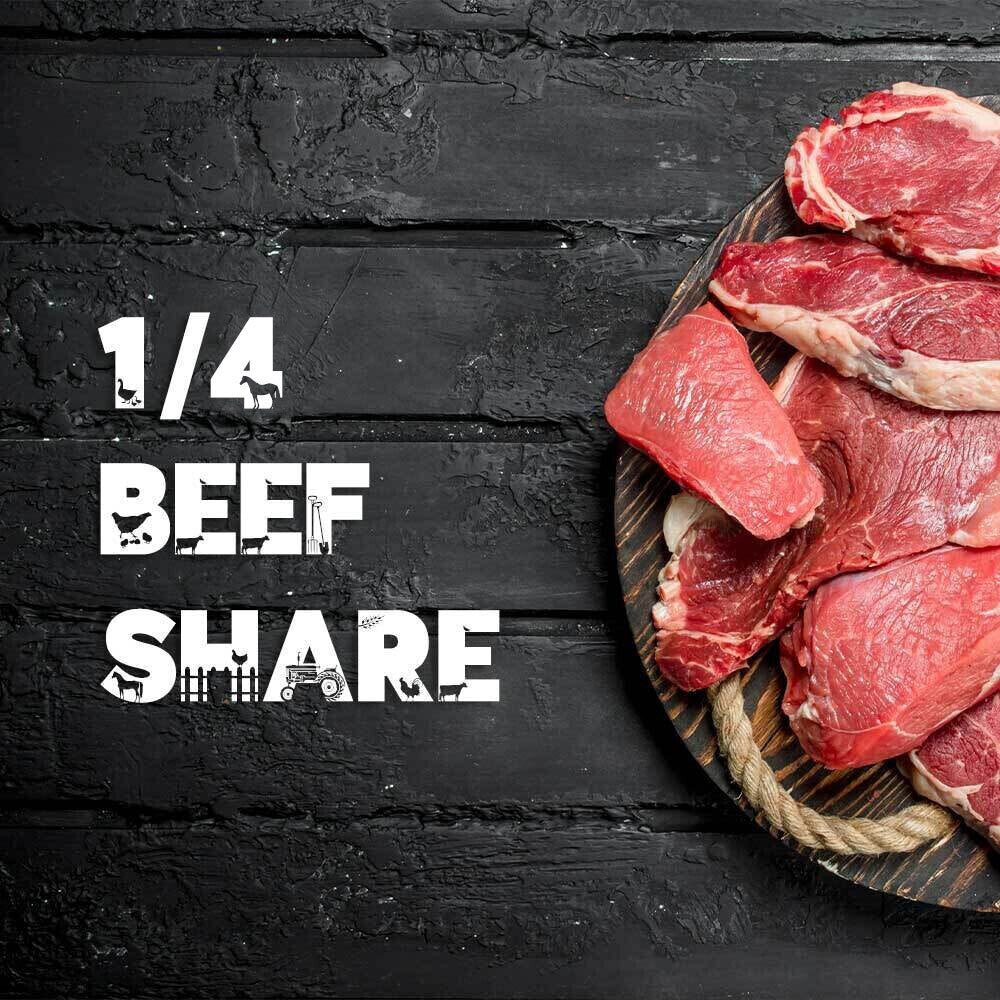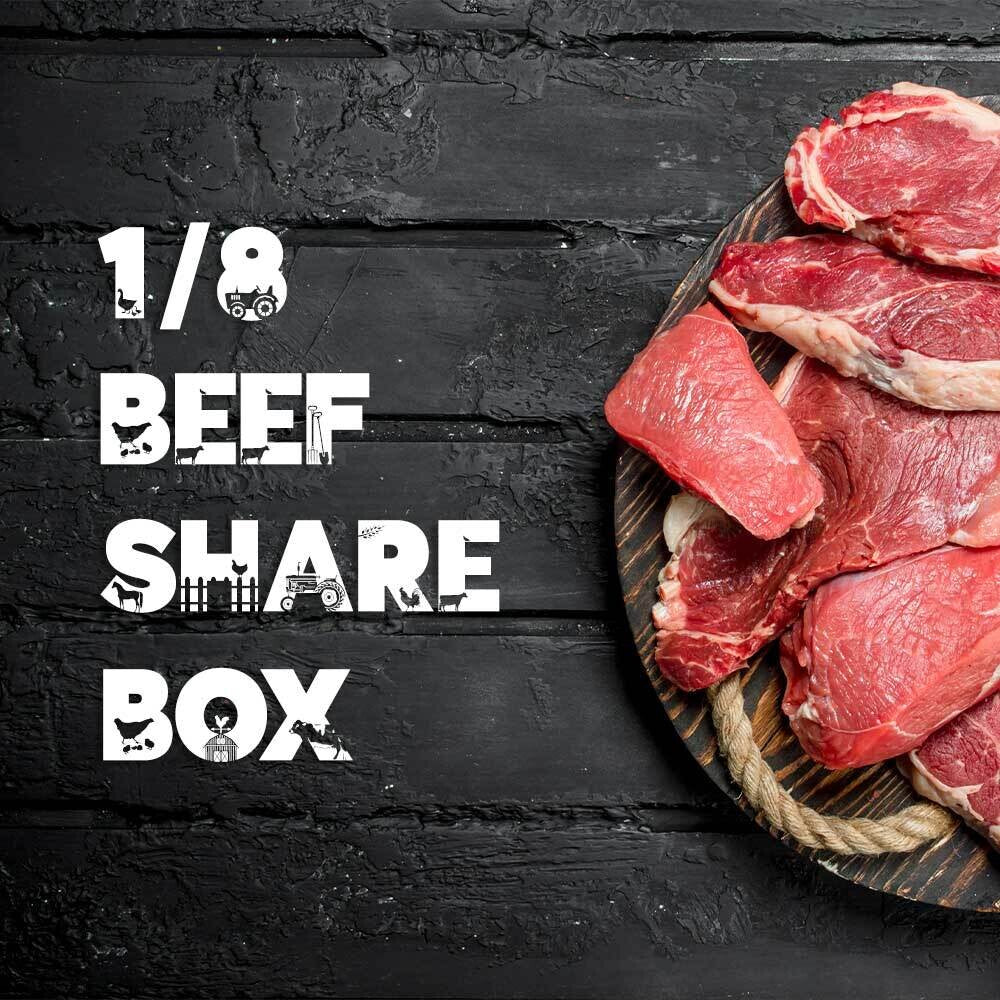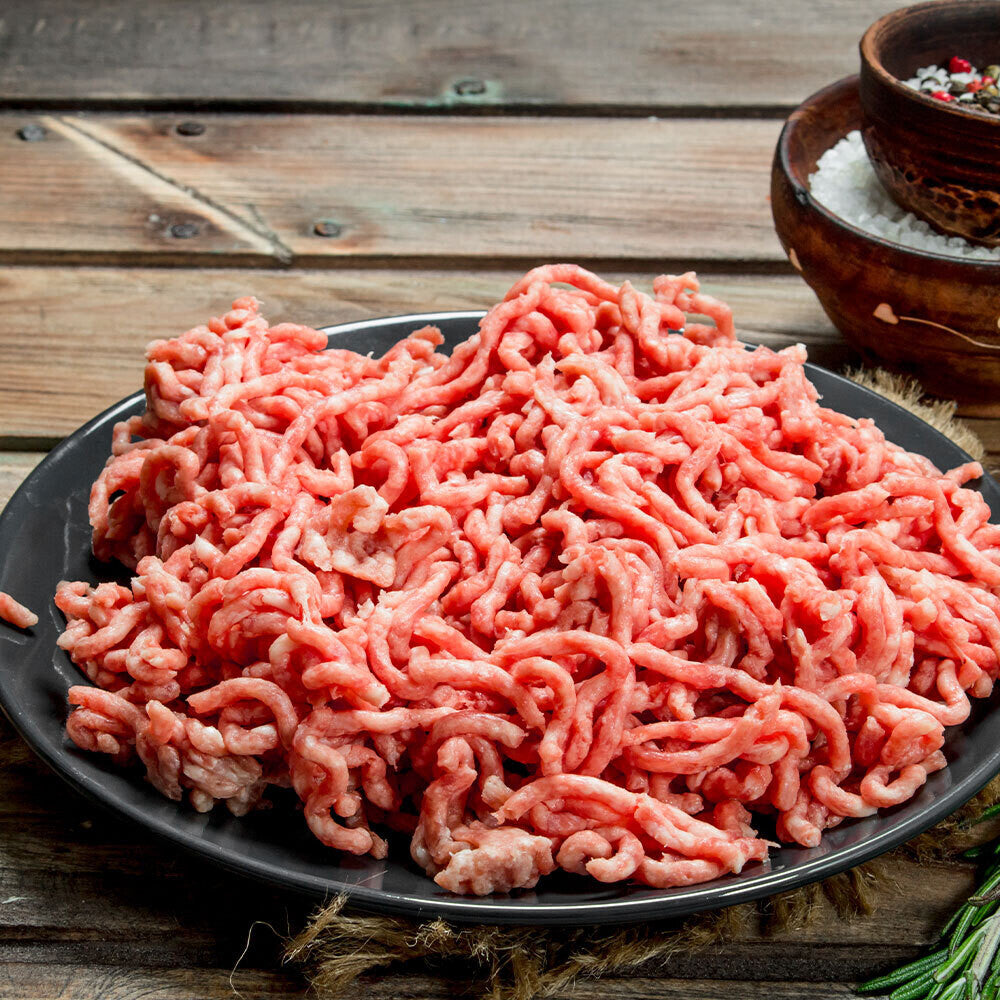
You’re Buying Nutrition, Not Calories: Understanding Nutrient Density
At Tyner Pond Farm, we often hear questions about the cost of our grass-fed beef. We understand this concern—especially since so many of us have been trained to shop based on price per pound or calorie. But there’s something important to consider: not all food is created equal, and it’s not just about how much you’re getting for your money, but what you’re actually getting.
Nutrient Density: What It Means
Nutrient density refers to the concentration of essential vitamins, minerals, and other beneficial compounds in the food you eat. In simple terms, it’s about the amount of nutrition per bite. While conventionally raised meat may be less expensive by the pound, grass-fed beef like ours is significantly richer in the nutrients that matter most to your body. Grass-fed beef, from farms like Tyner Pond contain more phytonutrients, omega-3 fatty acids, vitamin B12, bioavailable iron, and antioxidants compared to grain-fed beef. These nutrients are critical for your health—supporting everything from heart health to brain function. When you invest in nutrient-dense food, you’re giving your body higher-quality fuel, which often means you end up eating less in total volume because you’re more nourished.Why Cheap Food Isn’t Really Cheap
There’s a reason mass-produced, grain-fed beef is cheaper. Conventional farming methods prioritize fast growth, low costs, and high yields, often at the expense of nutrition, sustainability, and animal welfare. Grain-fed beef may be heavier or have more marbling, but it’s often lower in key nutrients like omega-3s and CLA (conjugated linoleic acid), which are important for reducing inflammation and supporting overall health. So while you might pay less per pound for grain-fed meat, you’re getting less nutrition per bite. That means you may need to eat more to feel full or to get the nutrients your body needs, ultimately negating the apparent savings.Why Nutrient-Dense Food Matters
We must think of food as more than just calories or pounds—it’s the building block of your health. The nutrient density of grass-fed beef means that it’s providing your body with the highest quality protein and fats, along with a range of essential vitamins and minerals. For example, grass-fed beef is rich in vitamin B12, which is crucial for energy production and neurological function. It also contains higher levels of heme iron, the most bioavailable form of iron, helping to prevent deficiencies and support healthy blood. Omega-3s found in grass-fed beef are known for their anti-inflammatory properties, contributing to better cardiovascular and brain health. When you consider the nutritional benefits packed into each serving, it becomes clear that nutrient-dense food is an investment in long-term wellness.Quality Over Quantity
Our grass-fed beef customers often find that they actually eat less food overall because each serving is so much more satisfying and nutrient-packed. The result is overall lower grocery bills.With nutrient-dense food, you’re not just filling up; you’re fueling your body with what it truly needs to function at its best. This is why we say that when you choose grass-fed beef, you’re choosing quality over quantity.
The Bigger Picture: Sustainable and Responsible Farming
It’s not just about nutrition—it’s about how the food is produced. At Tyner Pond Farm, we use regenerative farming practices to ensure our cattle are raised on diverse, healthy pastures, contributing to the nutrient density of the beef. By choosing grass-fed, you’re not only supporting your own health, but also contributing to a more sustainable food system—one that respects animals, the environment, and future generations.A Better Way to Measure Value
When it comes to food, we’ve been conditioned to think of value in terms of calories per dollar or pounds per dollar. But we believe it’s time to shift that perspective. Instead, let’s think about the value of food in terms of the nutrients it provides. Our grass-fed beef may cost more per pound, but when you consider the dense concentration of vitamins, minerals, and healthy fats, it’s clear that it offers far greater value for your health. Investing in nutrient-dense food means investing in a healthier, more nourished body—you will be less hungry and eat less overall. At Tyner Pond Farm, we’re committed to providing you with the highest-quality, most nutritious beef possible.
Tags:
